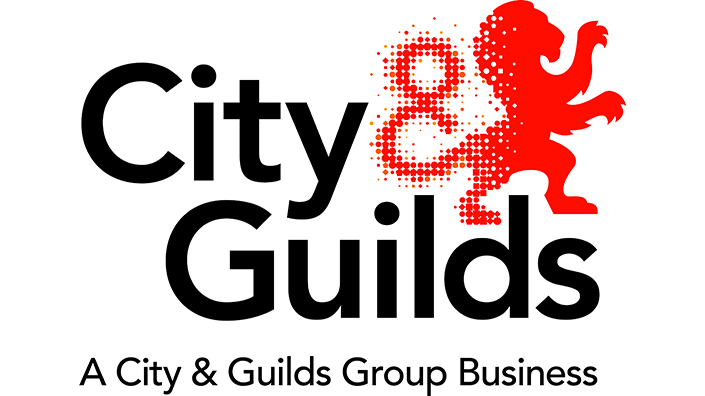Sponsored features
The Covid-19 pandemic, in some cases, has accelerated the shift in skills needs, particularly around digital skills. As a country, if we are to remain competitive globally, and prosper in a post-Brexit world, we must act and address these skills needs through our qualifications and skills acquisition offer.
As a result of Covid-19, many workers across the labour market of all ages and genders have been displaced. However, with the right support and training, many will have transferable skills that can be applied to the Engineering and Manufacturing sector. Our recent report ‘Building Bridges Towards Future Jobs,’ which was created in collaboration with the global labour market trends experts, Burning Glass Technologies, highlights the urgent need for the government to act now and refocus funding and support towards adults who need to reskill into new careers.
According to analysis by Burning Glass, it appears that despite many employers currently reducing their workforces, there are still jobs that can serve as ‘steps into’ for some of the workers who are no longer in employment. The report highlights how people can move easily into these ‘step into’ roles. By using their knowledge of how different occupations overlap in terms of education, experience and skills required, Burning Glass were able to suggest pathways for those who are in occupations that are currently experiencing large declines in demand, known as ‘at risk occupations,’ to what we call ‘step into roles’. We refer to ‘step into’ roles as jobs that can serve as a progression route into a new career for those who have lost work, and that allows them to build upon existing skills.
For those looking to enter the sector at post-16, the new generation of Technical Qualifications (T Levels) in Engineering and Manufacturing will launch in September 2022. T Levels are two-year, technical qualifications, that are designed to give learners the skills that the industry needs. They bring classroom learning and an extended industry placement together, providing a mixture of technical knowledge and skills that are specific to their chosen industry or occupation. This is in addition to an industry placement of at least 45 days in their chosen industry or occupation, as well as relevant maths, English, and digital skills.
T Levels are one of three major options for learners to study at post-16 at Level 3. This is alongside apprenticeships, for those who wish to study and train for a specific occupation, and A levels for learners who wish to continue academic education.
With a year-on-year decline in females entering the Engineering and Manufacturing sector, with now only 10% of the workforce female (data source: Engineering UK, ‘Gender disparities in educational pathways into engineering- an overview’), hopefully the T Levels and apprenticeship standards, along with enhanced information, advice and guidance, will enable the sector to become an appealing proposition for females.
Poll questions (source data: Engineering UK, Knowledge and understanding of engineering among 16 to 19 year-olds)
Learn more about T Levels on our dedicated webpage cityandguilds.com/tlevels/engineering
Perceptions and understanding of engineering among 16 to 19 year-olds
How positive or negative is your view of engineering? Girls' positive view of engineering 42% of girls vs 59% of boys
Engineering is suitable for both boys and girls? Agree 94% of girls vs 81% of boys
Do you think you would ever consider a career in engineering? Yes 33% of girls vs 55% of boys

Get to grips with the future factory: sign up now for our Advanced Manufacturing briefings (19-23 July), part of the Engineering Futures series.
Content published by Professional Engineering does not necessarily represent the views of the Institution of Mechanical Engineers.